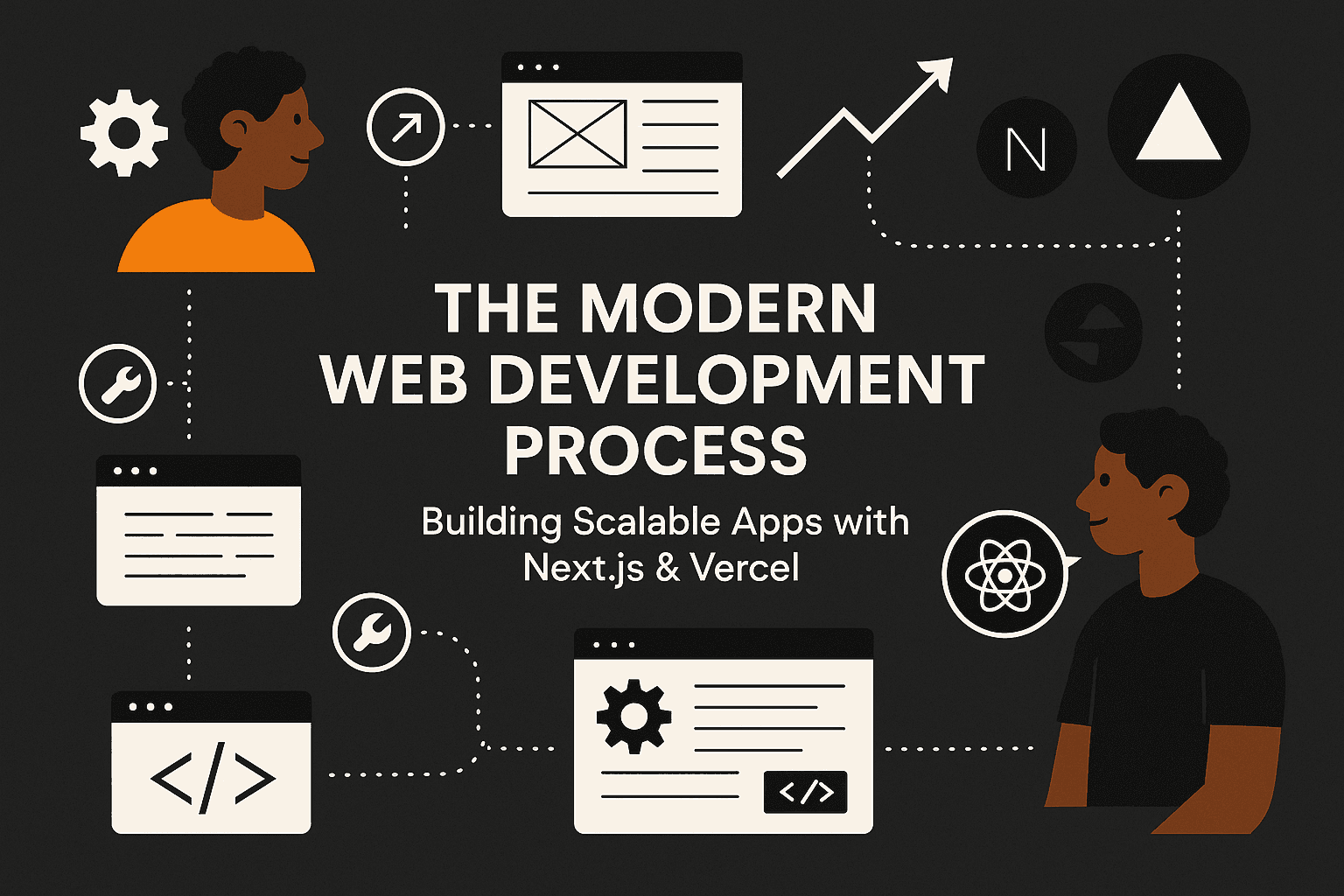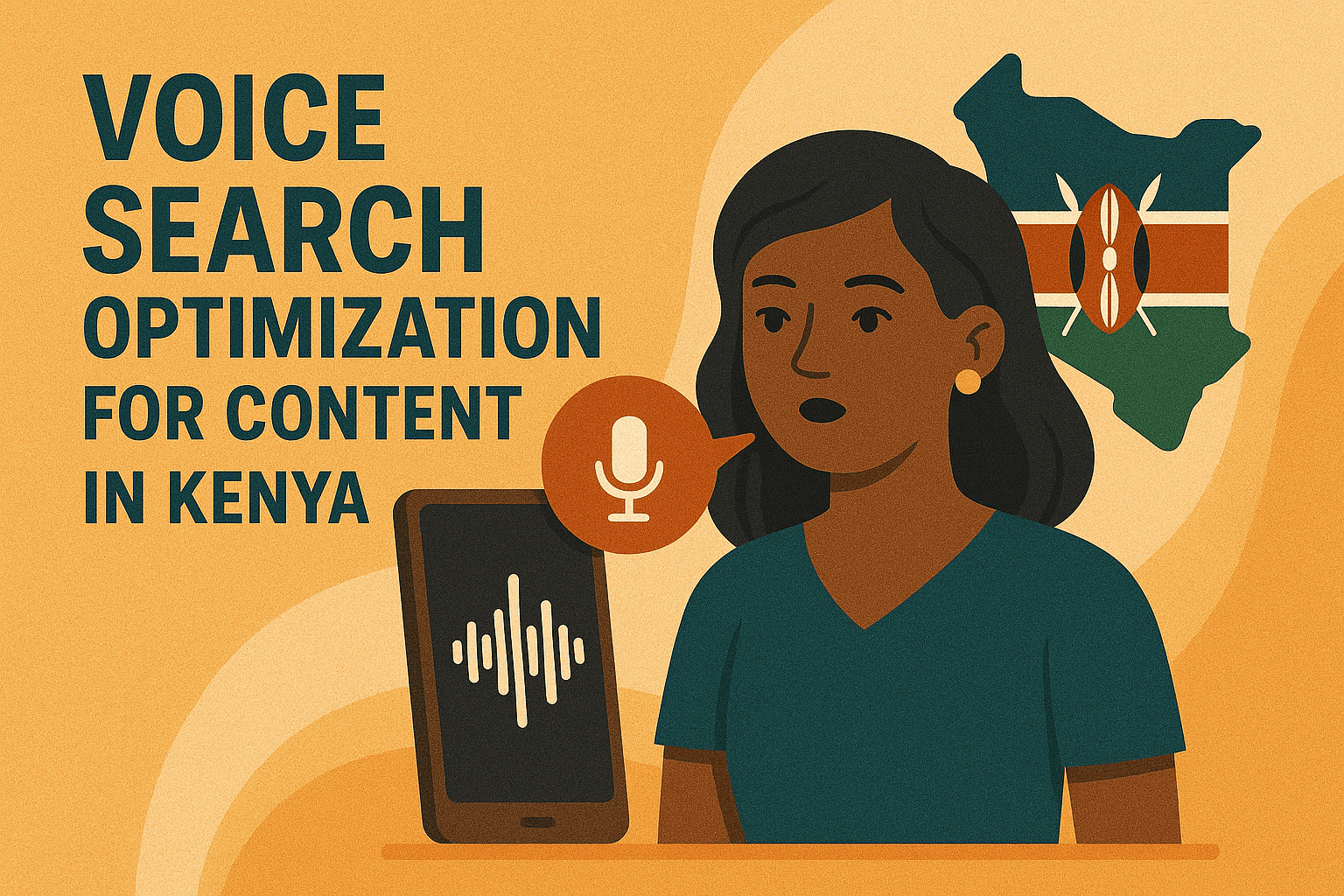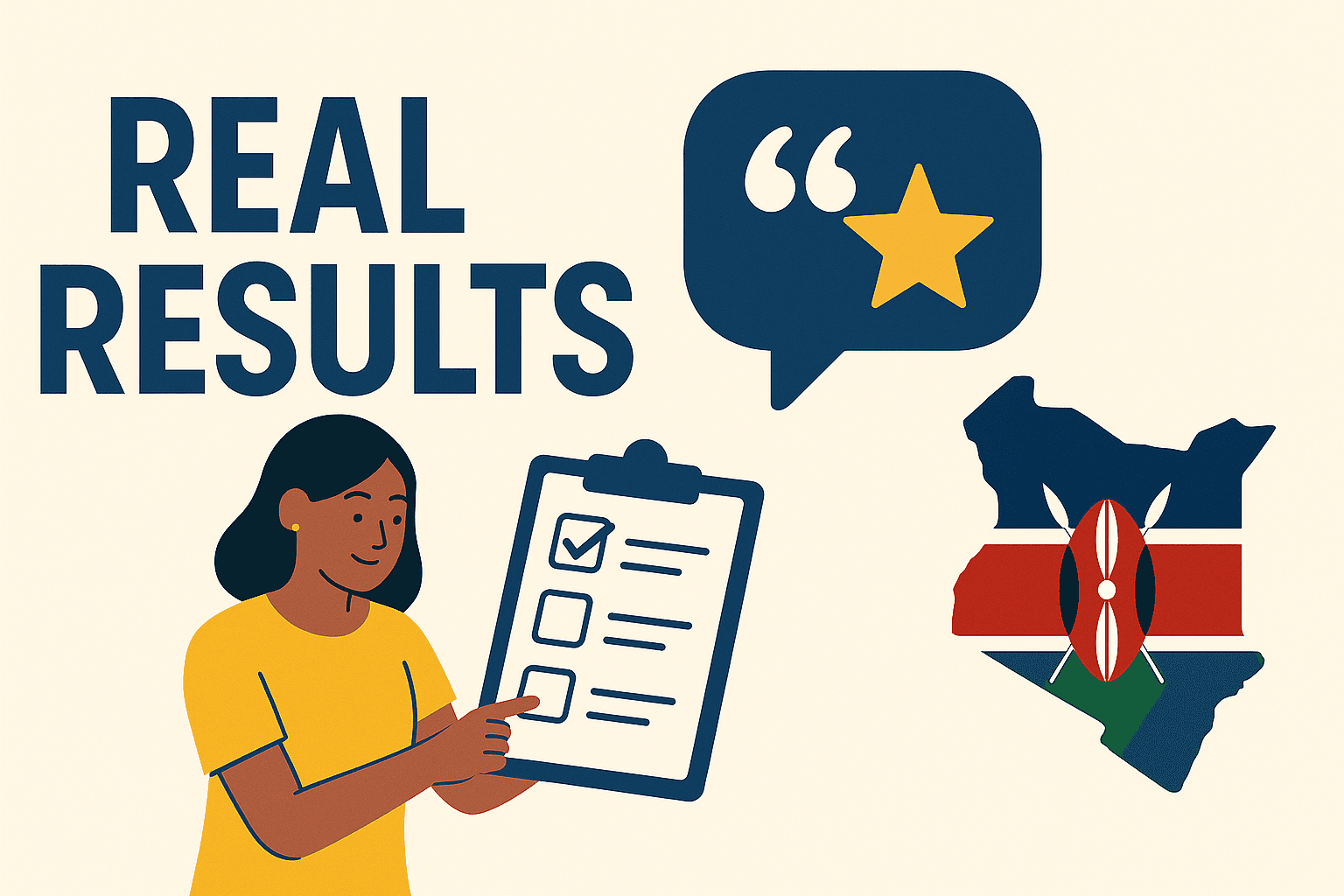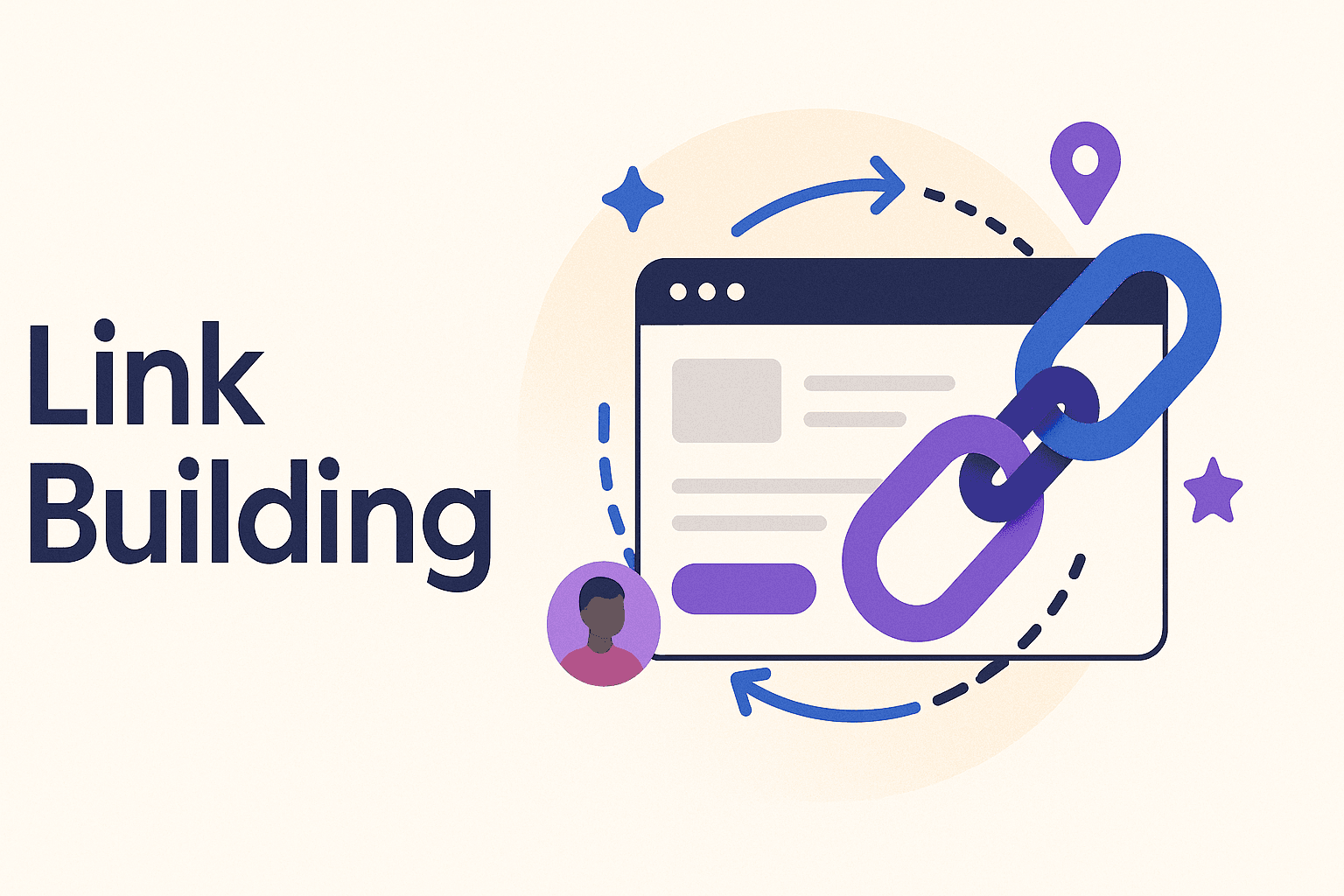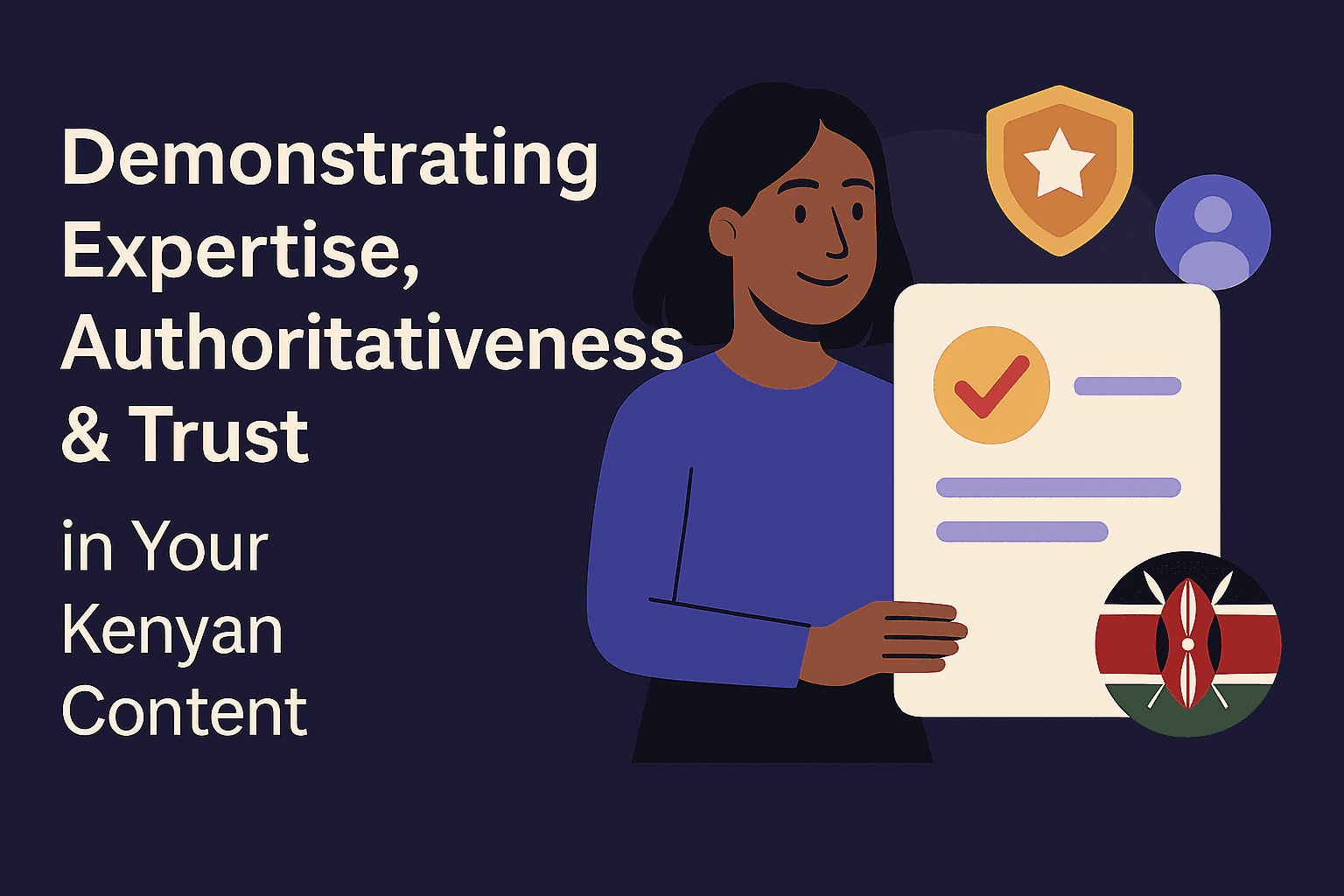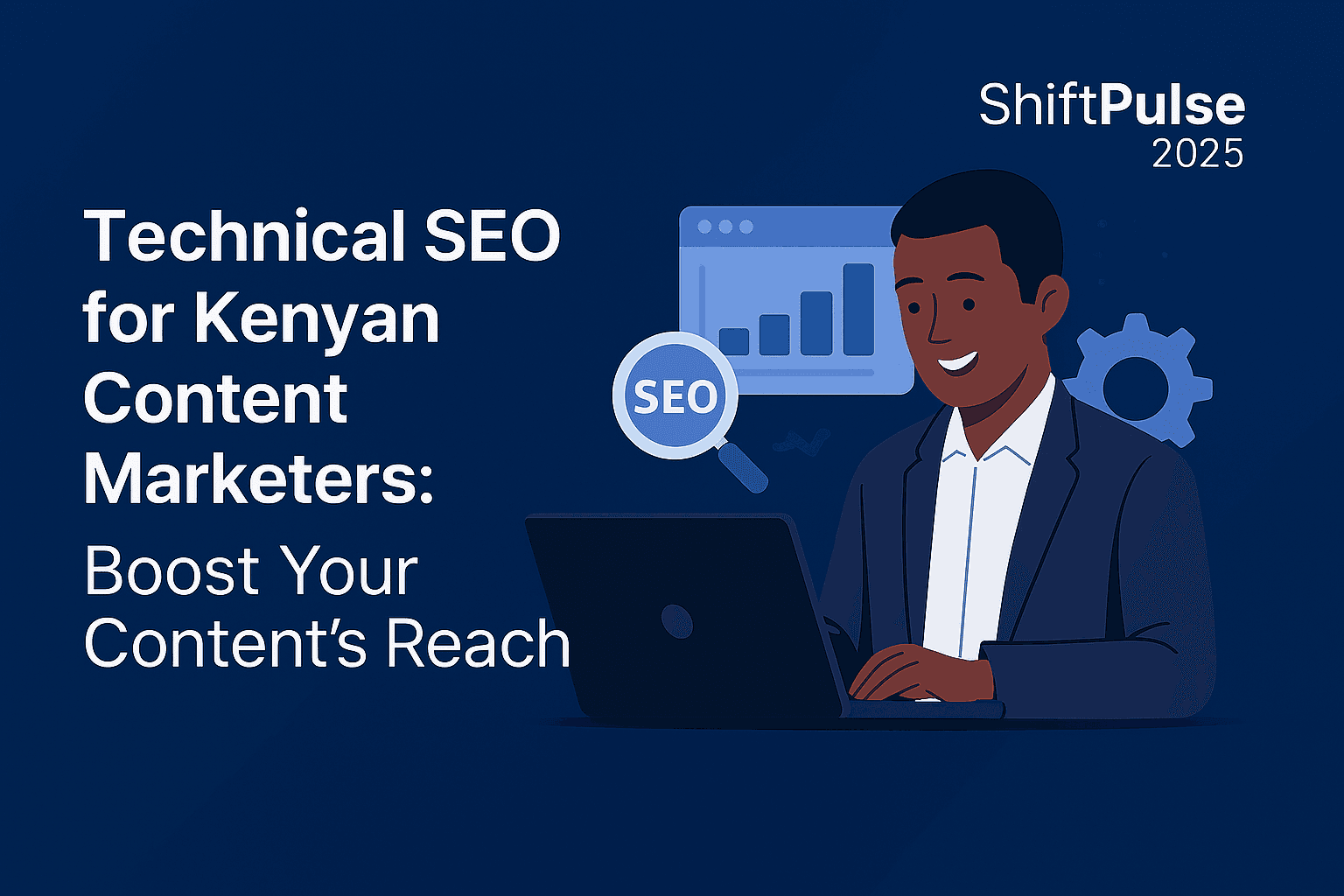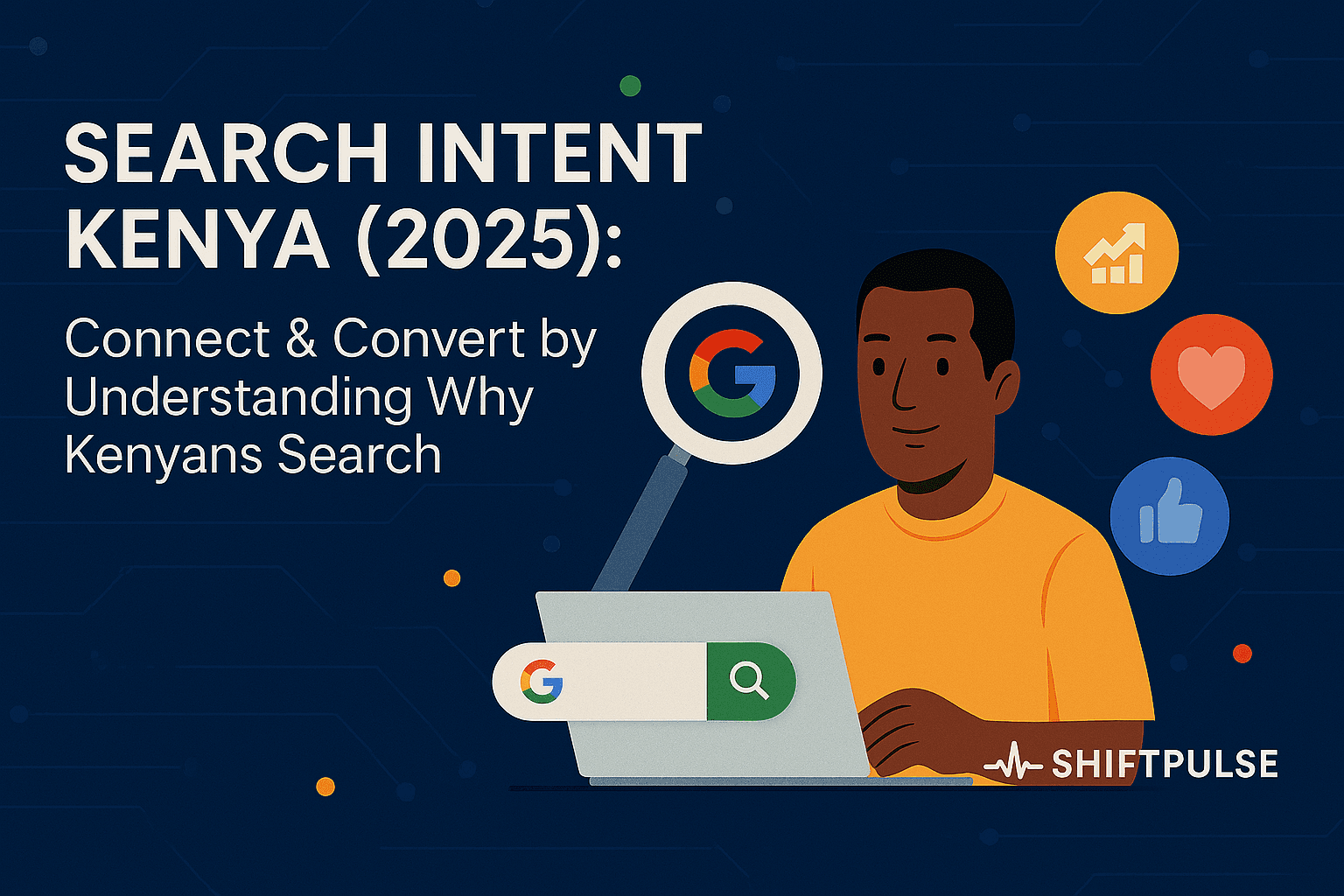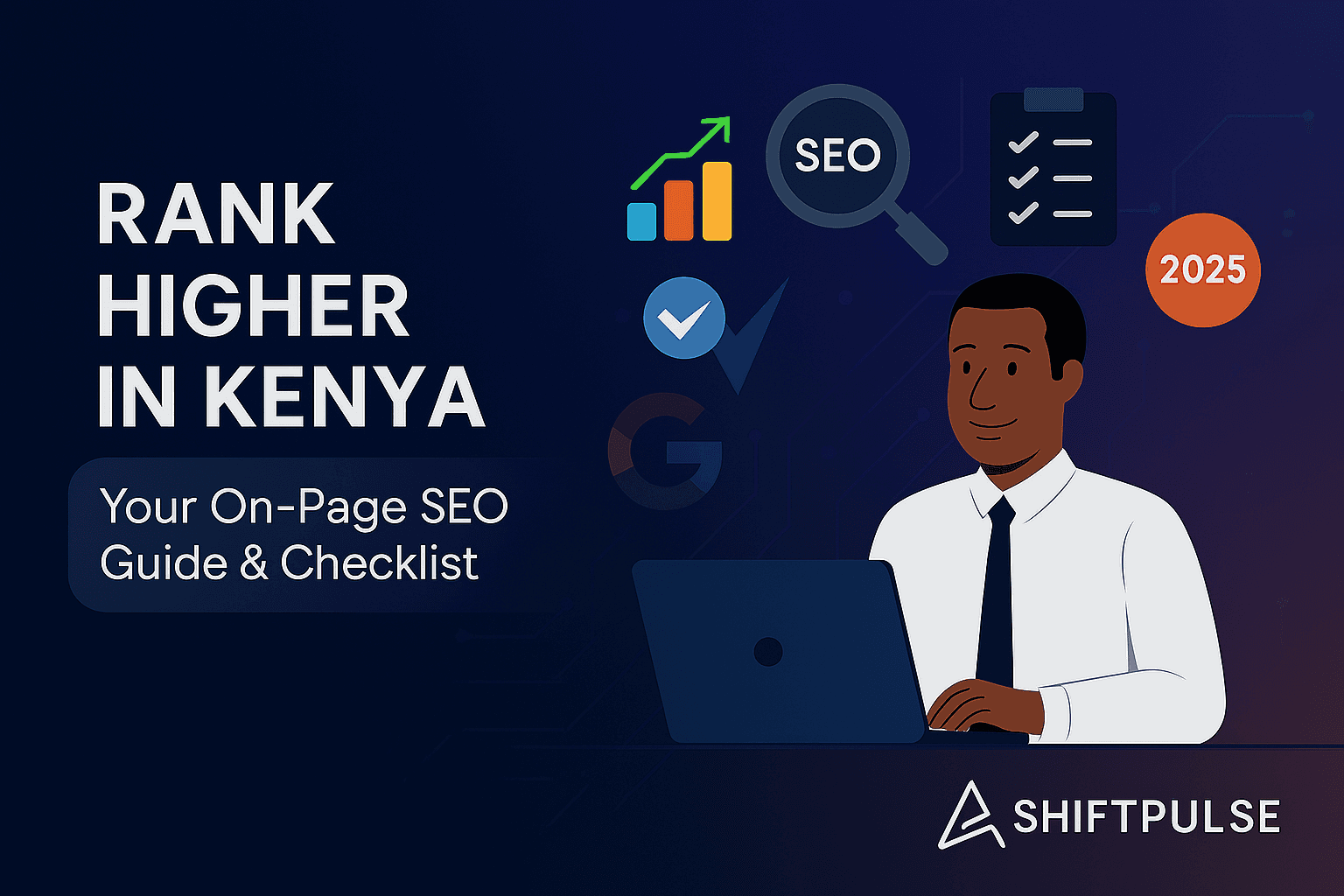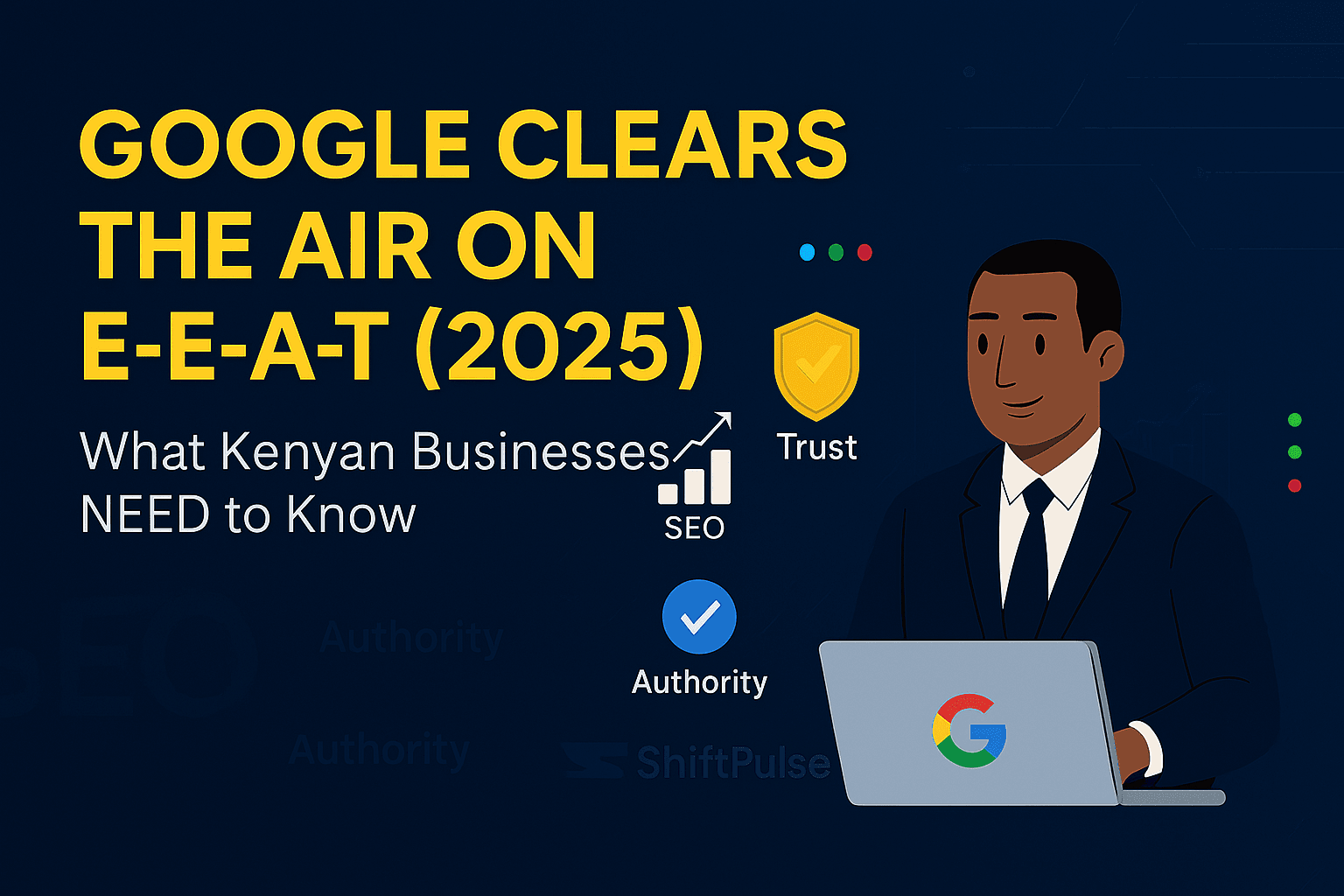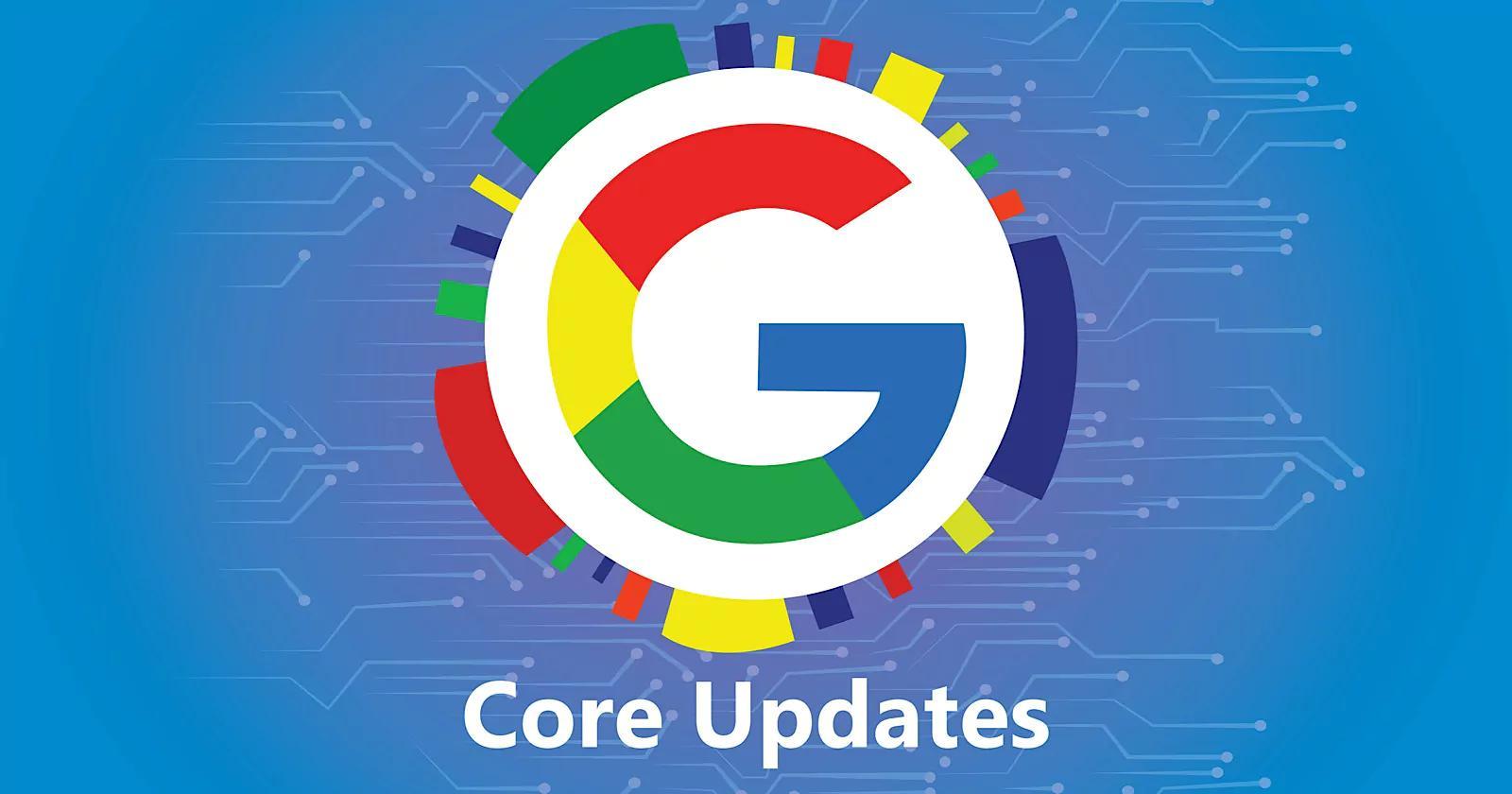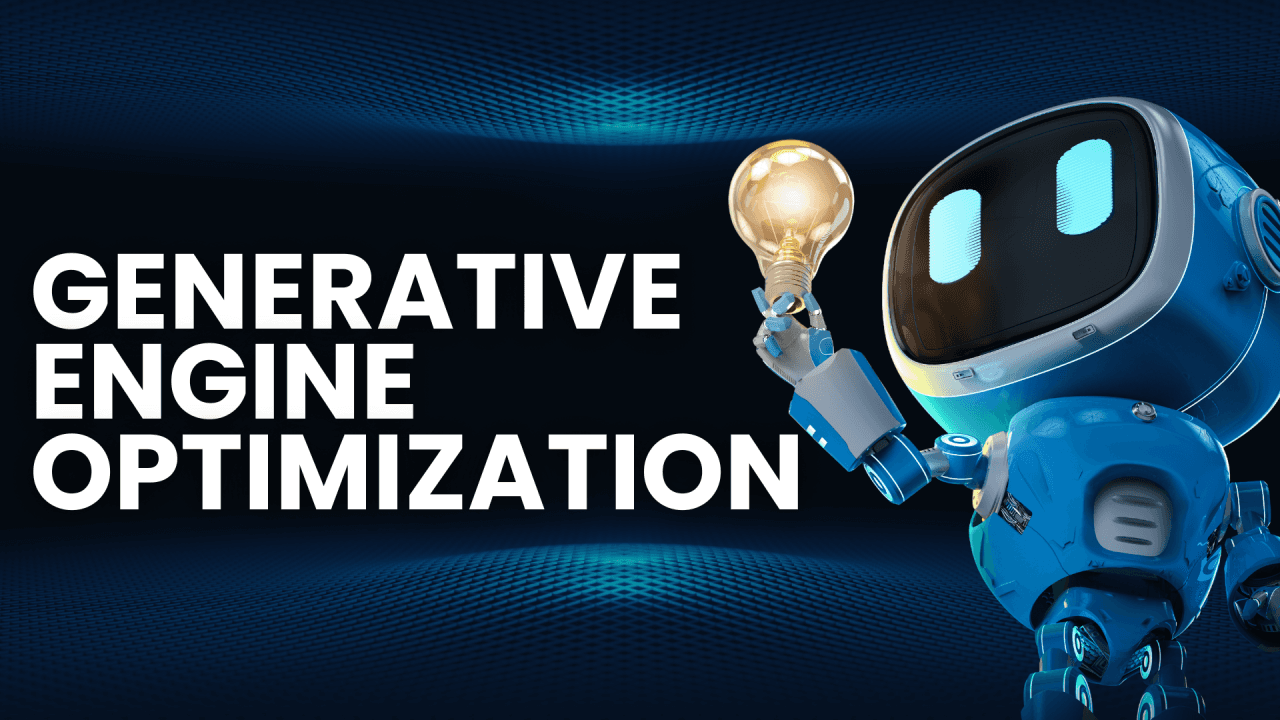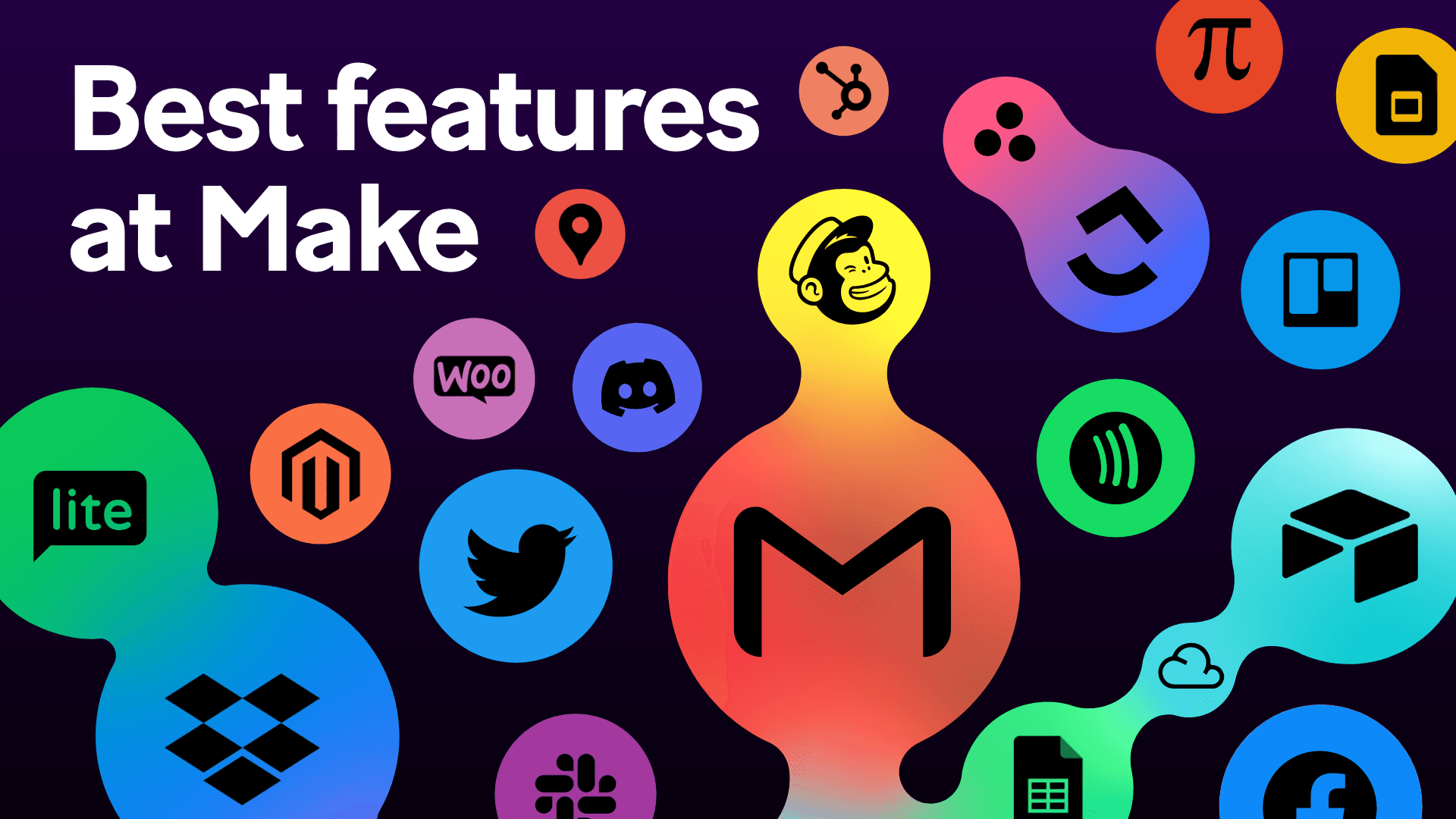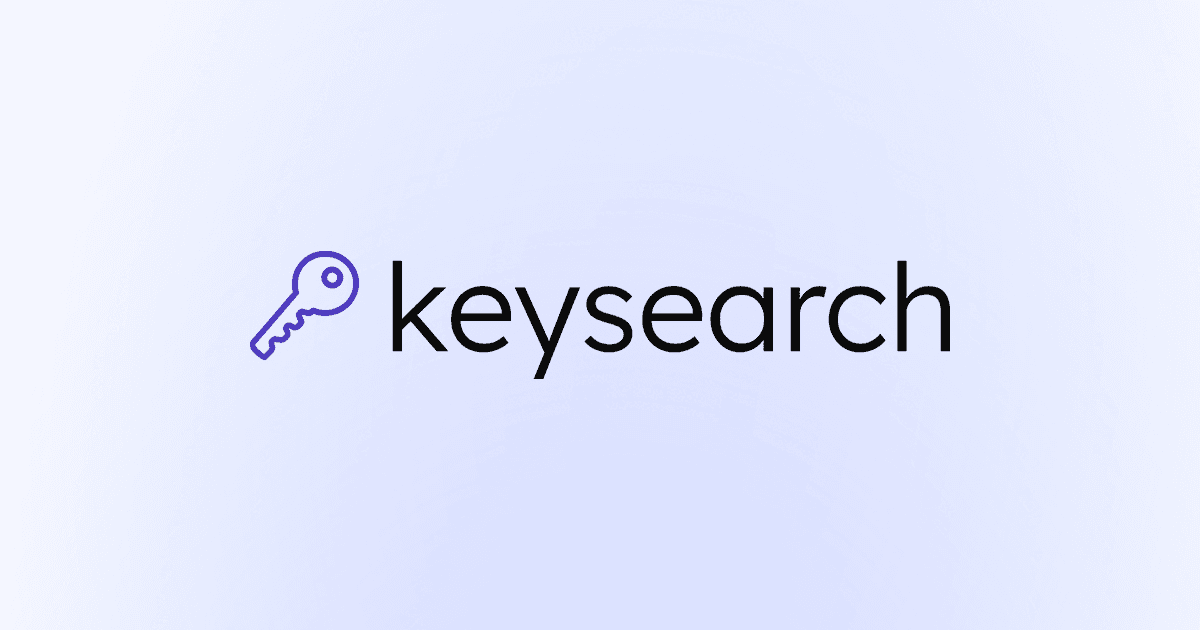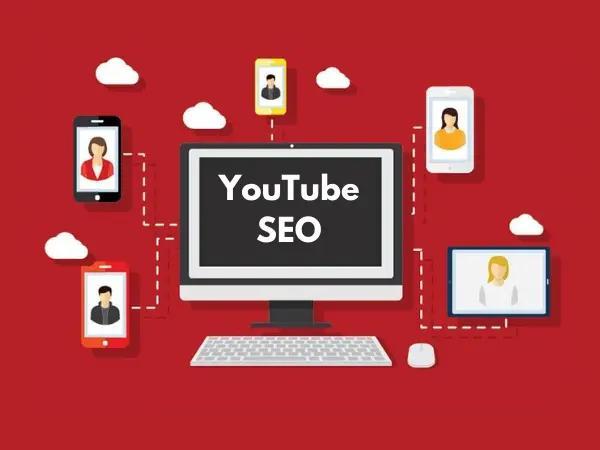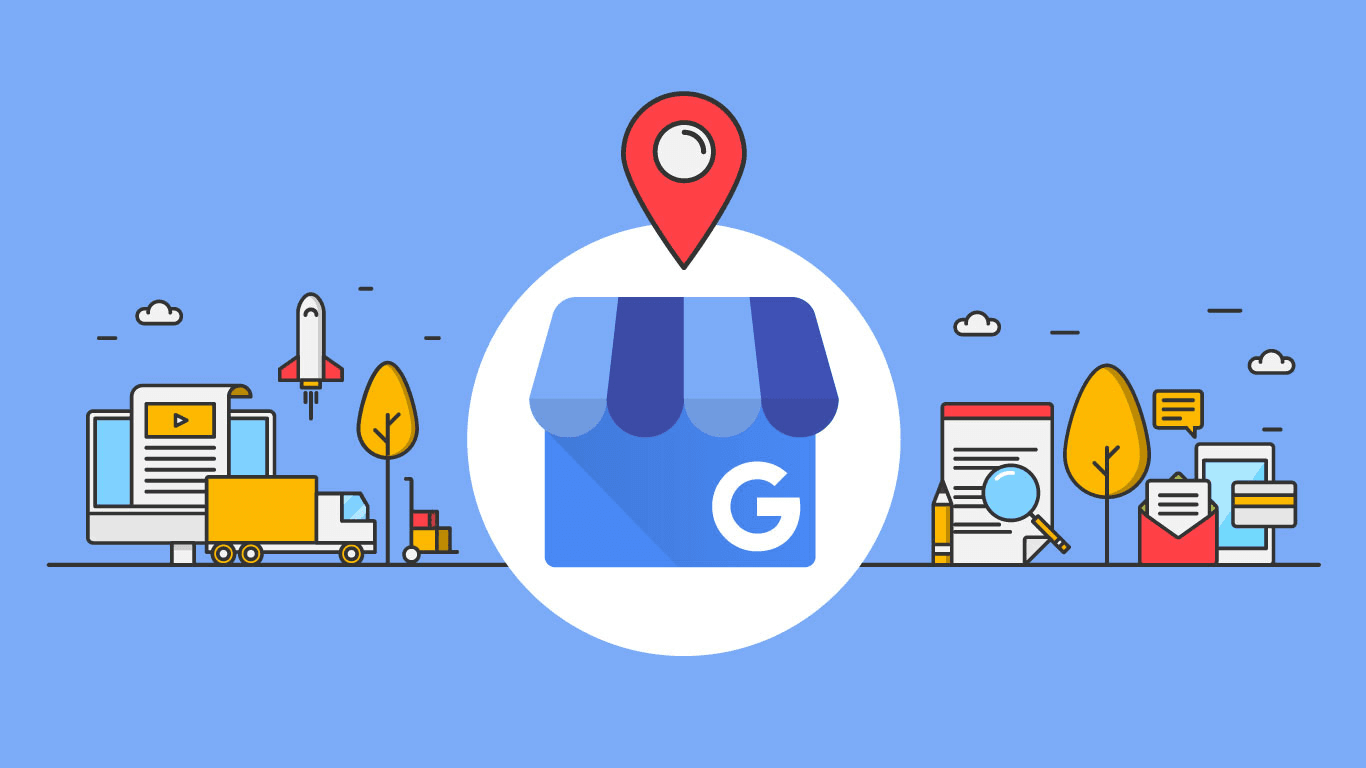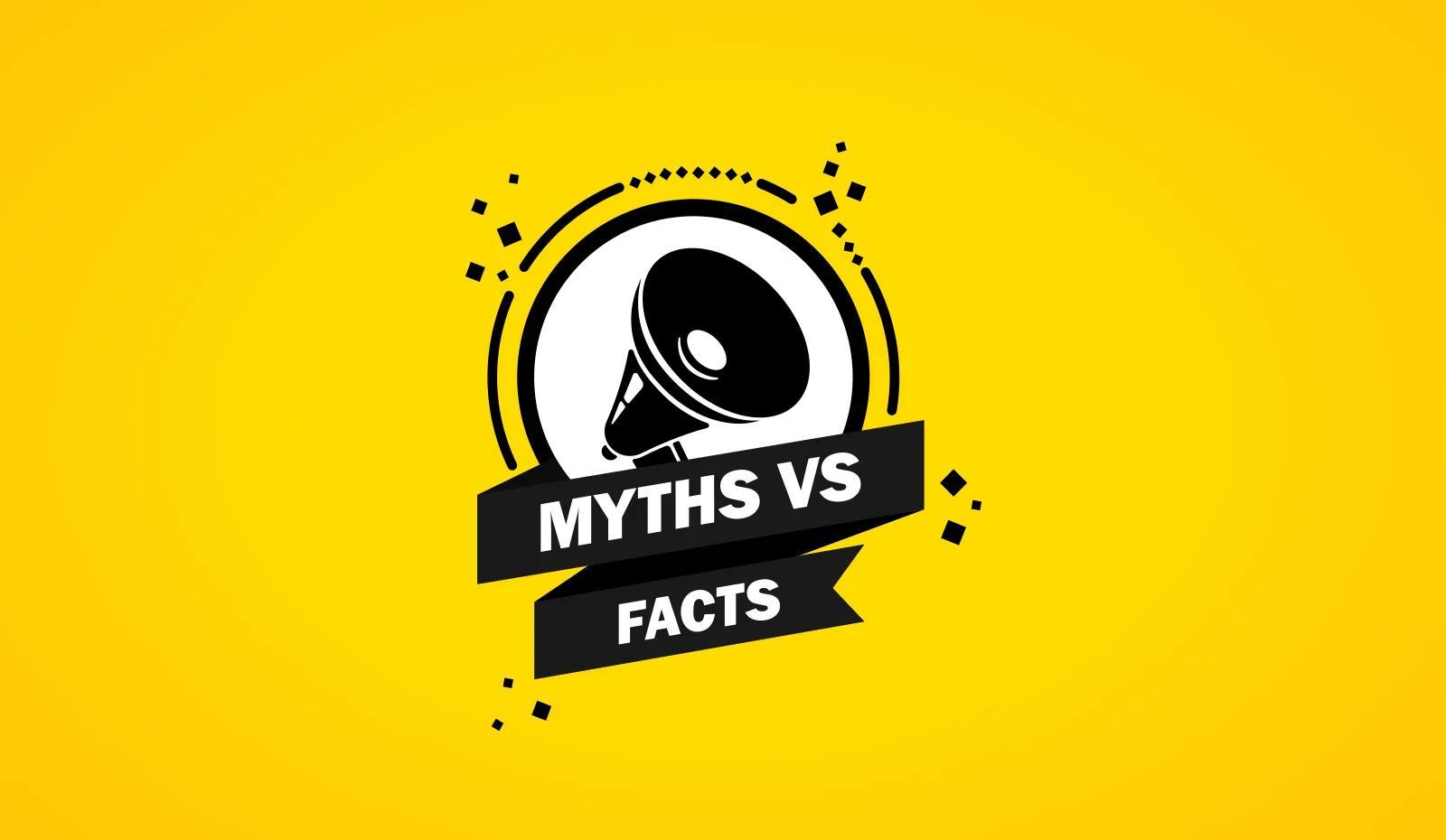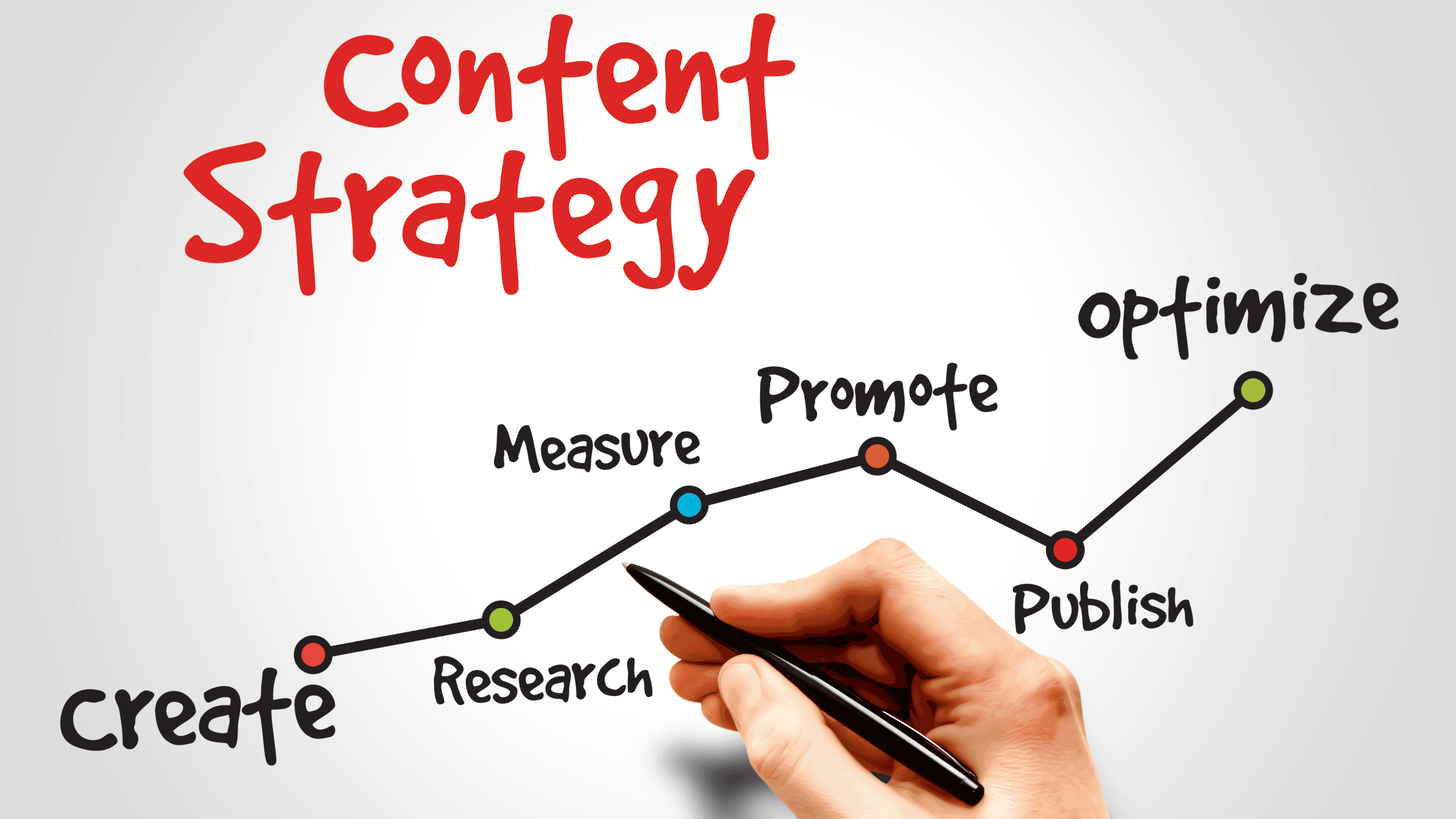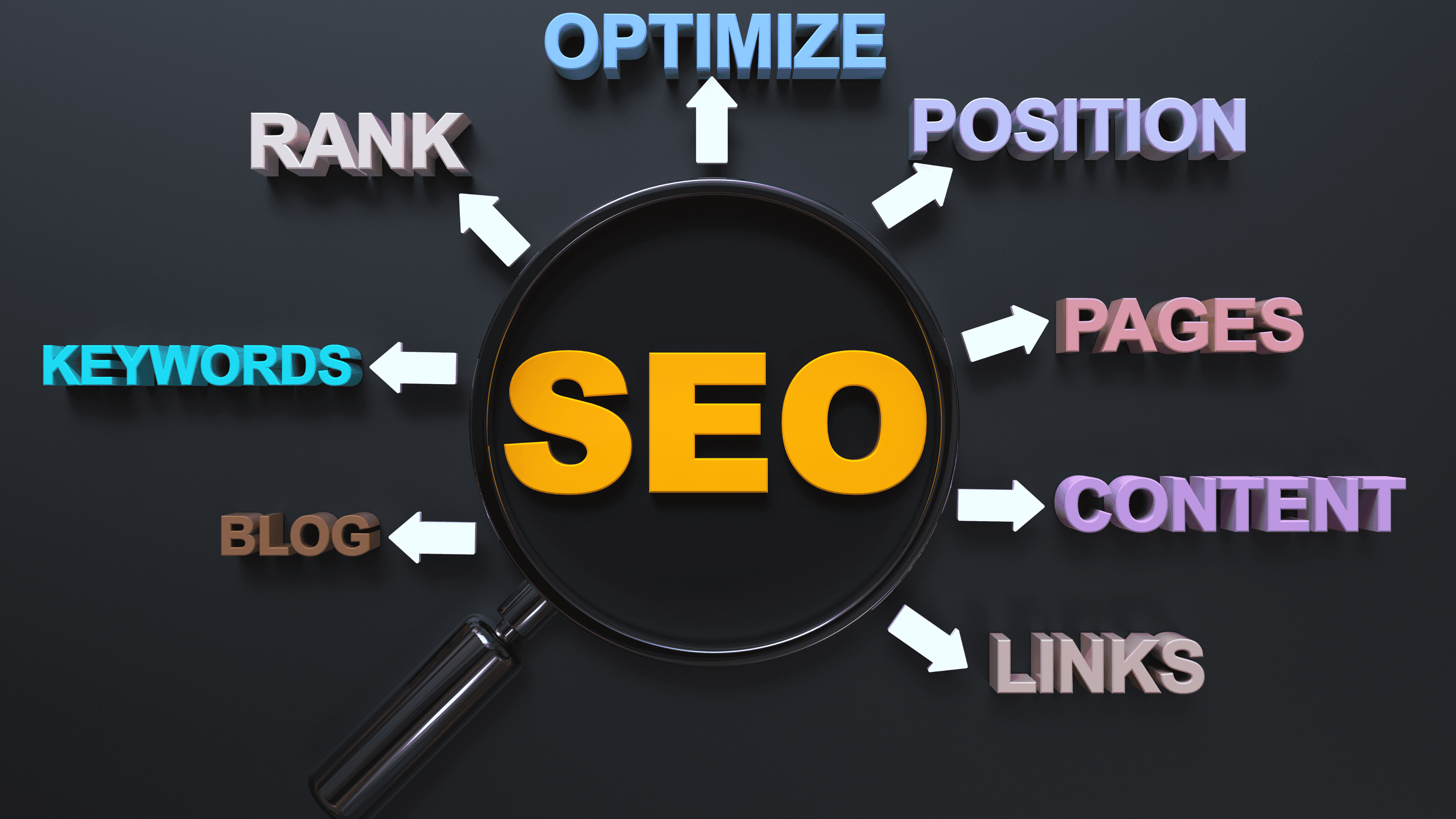
Ken Kariuki
Shiftpulse Marketers
TL;DR: Technical SEO in 2025 is evolving with AI-driven search and generative engine optimization (GEO). Success requires structured content, conversational keywords, EEAT credibility, mobile-first indexing, site speed optimization, and AI-adapted strategies. Businesses must leverage webmaster tools, structured data, and HTTPS security to stay competitive.
Technical SEO Checklist for 2025: Adapting to AI and Generative Engine Optimization
Introduction
As we move into 2025, technical SEO continues to be the foundation of successful digital marketing strategies. With the rise of AI-driven search engines and generative engine optimization (GEO), businesses must adapt to stay competitive. At ShiftPulse Marketers we strive to ensure sustainable SEO success. This guide covers the most crucial technical SEO elements, with insights on adapting to AI-driven search environments.
1. Optimize for Generative AI Search and GEO
With search engines like Google and Bing incorporating AI-generated answers into search results, traditional SEO is evolving. Additionally, new players like Perplexity AI, GPT-powered search engines, and ChatGPT-based assistants are reshaping how users interact with search.
- Content Structuring for AI: Ensure content is well-structured with clear headers, bulleted lists, and direct answers to common queries.
- Conversational Keywords: Optimize for long-tail, natural language queries that AI search models prefer.
- Citations and Credibility: Strengthen EEAT by referencing authoritative sources and citing expert opinions.
- Understanding AI Search Models: Platforms like Perplexity AI and GPT-driven search are prioritizing deep contextual understanding, meaning businesses must provide high-quality, well-referenced content to be included in AI-generated responses.
2. Set Up and Optimize Webmaster Tools
Using the right webmaster tools ensures that your website is properly indexed and monitored.
- Google Search Console: Identify indexing issues, crawl errors, and keyword performance.
- Bing Webmaster Tools: Optimize for an increasing number of Bing users leveraging AI-powered search.
3. Enhance Website Speed and Performance
Site speed directly impacts rankings and user experience.
- Core Web Vitals: Focus on Largest Contentful Paint (LCP), First Input Delay (FID), and Cumulative Layout Shift (CLS).
- Image and Code Optimization: Use next-gen formats like WebP, enable lazy loading, and minify CSS/JavaScript.
4. Mobile-First Indexing and Responsive Design
With mobile searches dominating, ensuring a seamless mobile experience is crucial.
- Google's Mobile-Friendly Test: Regularly check responsiveness and fix usability issues.
- Adaptive Design: Ensure fast, fluid layouts across all devices.
5. Enhance Crawlability and Indexability
Search engines need to efficiently crawl and understand your site.
- XML Sitemaps: Submit updated sitemaps to search engines.
- Robots.txt Optimization: Properly configure to prevent indexing of duplicate or sensitive pages.
6. Implement Structured Data for Rich Results
Schema markup helps search engines interpret your content more effectively.
- FAQ, How-To, and Product Schema: Improve visibility in search results.
- Author Schema: Reinforce EEAT by showcasing expert contributors.
7. Secure Your Website with HTTPS
Security is a ranking factor and enhances user trust.
- SSL Certificates: Ensure your site runs on HTTPS.
- Security Audits: Regularly check for vulnerabilities.
8. Optimize URL Structure and Internal Linking
A well-structured website aids both search engines and users.
- Clean URLs: Keep them short, keyword-rich, and descriptive.
- Logical Internal Links: Help distribute page authority and improve navigation.
9. Avoid Duplicate Content Issues
Duplicate content can dilute ranking potential.
- Canonical Tags: Specify the preferred version of similar pages.
- Content Differentiation: Ensure unique, valuable content across the site.
10. Monitor and Adapt to SEO Trends
SEO is evolving rapidly with AI-driven search.
- Stay Updated on Google Algorithm Changes: Follow trusted SEO sources.
- Leverage AI for Content and Analysis: Use AI-driven tools for keyword research and content optimization.
11. Businesses That Benefit Most from SEO in 2025
While every industry can leverage SEO, some businesses stand to gain the most:
- E-commerce: Optimizing for AI-powered search can drive more product visibility.
- Local Businesses: GEO and AI-generated local search results are crucial for ranking in "near me" searches.
- Professional Services: Establishing EEAT through expert-driven content helps law firms, healthcare providers, and financial consultants.
- Real Estate: Optimizing listings and local pages ensures visibility in property searches.
Conclusion
In 2025, SEO is more than just rankings; it’s about adapting to an AI-first world while maintaining strong technical foundations. Businesses that prioritize EEAT, optimize for generative search, and stay ahead of AI-driven changes will maintain a competitive edge. ShiftPulse Marketers remains committed to helping brands navigate this evolving landscape with data-driven strategies and technical excellence.
